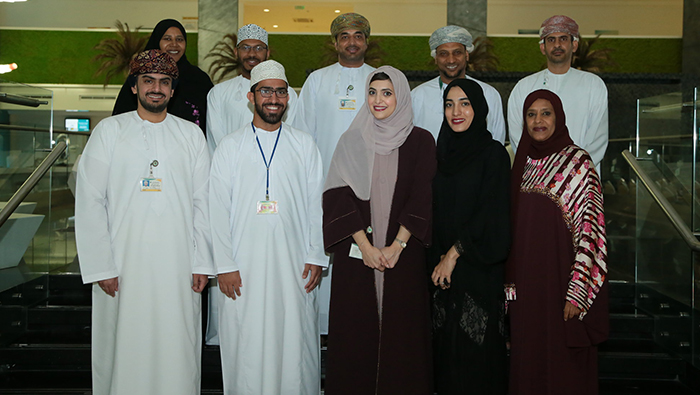
Muscat: Petroleum Development Oman (PDO) has drilled the 1,000th well at Marmul-Rahab-Thuleilat-Qaharir (RTQ) cluster located in South Oman.
This is the second time that a PDO oil field has achieved this milestone with the first being Nimr in 2013.
MM-1000 was part of an accelerated programme to boost production by secondary recovery. Its delivery was doubly impressive as the well was commissioned in merely 16 hours from the rig move.
Salim Al Sikaiti, PDO Oil South Director said, “It is quite remarkable what Marmul has accomplished to date, and the vision is to grow further with another 1,000 wells in the future. It is great to see the Marmul cluster sustaining high oil rates after 40 years of extended production given the advanced maturity of some of these fields and their respective developments. I would like to thank all those, both PDO and contractors, who have contributed to this great achievement.”
Raoul Restucci, PDO Managing Director added, “I would like to congratulate PDO staff and contractors on this remarkable milestone of drilling the 1,000th well in the major contributor cluster. This achievement was a product of a collaborative effort across multiple teams and functions including petroleum engineering, well engineering, engineering, operations and finance within PDO and our drilling contractors.”
The Marmul field was first discovered in 1956 and was brought on stream in 1980 when the Main Oil Line was commissioned in South Oman. The cluster currently holds a significant portfolio of hydrocarbon volumes contributing an average of 81,600 barrels per day (bpd).
It encompasses a diverse set of development plans and world-class projects and complex applications undergoing secondary and tertiary recovery mechanisms (including alkaline surfactant polymer injection) underpinned by state-of-the-art technology.
Around 500 more wells are to be drilled in the coming few years in various fields in the cluster through the Marmul Polymer Phase 3 development and denser waterflood in-fill projects that will further boost production and add to the nation’s reserves.